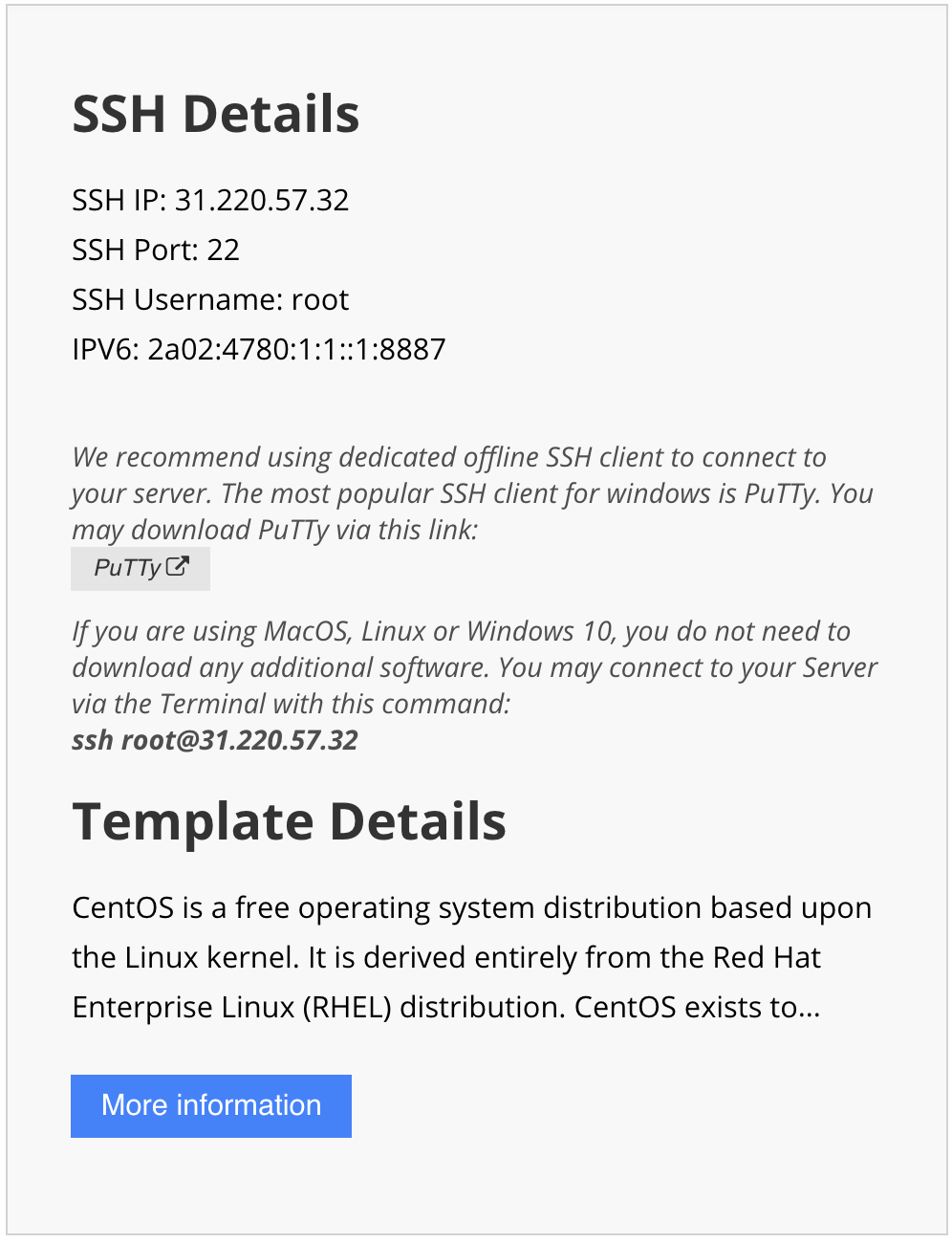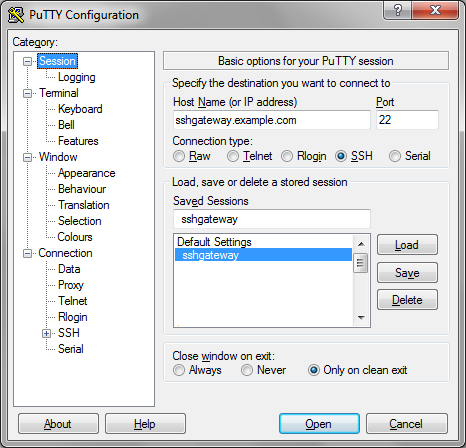

Repeat this passphrase in the Confirm passphrase field. (Optional) Type a passphrase in the Key passphrase field.When the progress bar is full, PuTTY generates your key pair. Move your mouse cursor in the area below the progress bar. In the Number of bits in a generated key field, type 4096. In the Type of key to generate section, select the RSA radio button. If you use a different version, your interface may differ from the one pictured.ĪTTENTION: In Step 2 below, if you are using a pre-0.70 version of PuTTY, then select SSH-2 RSA radio button instead. 1: Generate the keyĪTTENTION: The procedure and screen captures in this section reflect the latest version of PuTTY as of J(0.70). Though there are varying methods of generating SSH keys on machines using Windows, this one uses PuTTY Key Generator. If you lose access to your server due to a lost key, contact our Support Team for assistance.

A lost private key cannot be replicated therefore, users cannot access the server until an administrator generates a new key pair. Take special care to not lose the private key. Each key is useless without the other therefore, only individuals with both the private and the public key can gain access to the server, and the private key is never revealed to the server. The private key is known only to the user’s computer the public key will be known to the server. The process involves generating a pair of SSH key files containing a private key and a public key. For details, see What are the advantages of using SSH keys to control access for multiple users? Method If you require SSH access for multiple users, the use of SSH keys instead of individual logins can bypass many of the headaches involved in user management without violating PCI DSS.
#How to get putty ssh login crack
This longer string has many more possible permutations and therefore takes much more time to crack with a brute force attack.
#How to get putty ssh login password
While a password of eight characters is 72 bits long, SSH keys are often 2048 bits or longer. Keys are more secure than passwords because they are significantly more complex.

Each “key” is actually a key pair consisting of a public key and a private key. SSH keys are a means of authenticating a user to an SSH server without using a password.


 0 kommentar(er)
0 kommentar(er)
